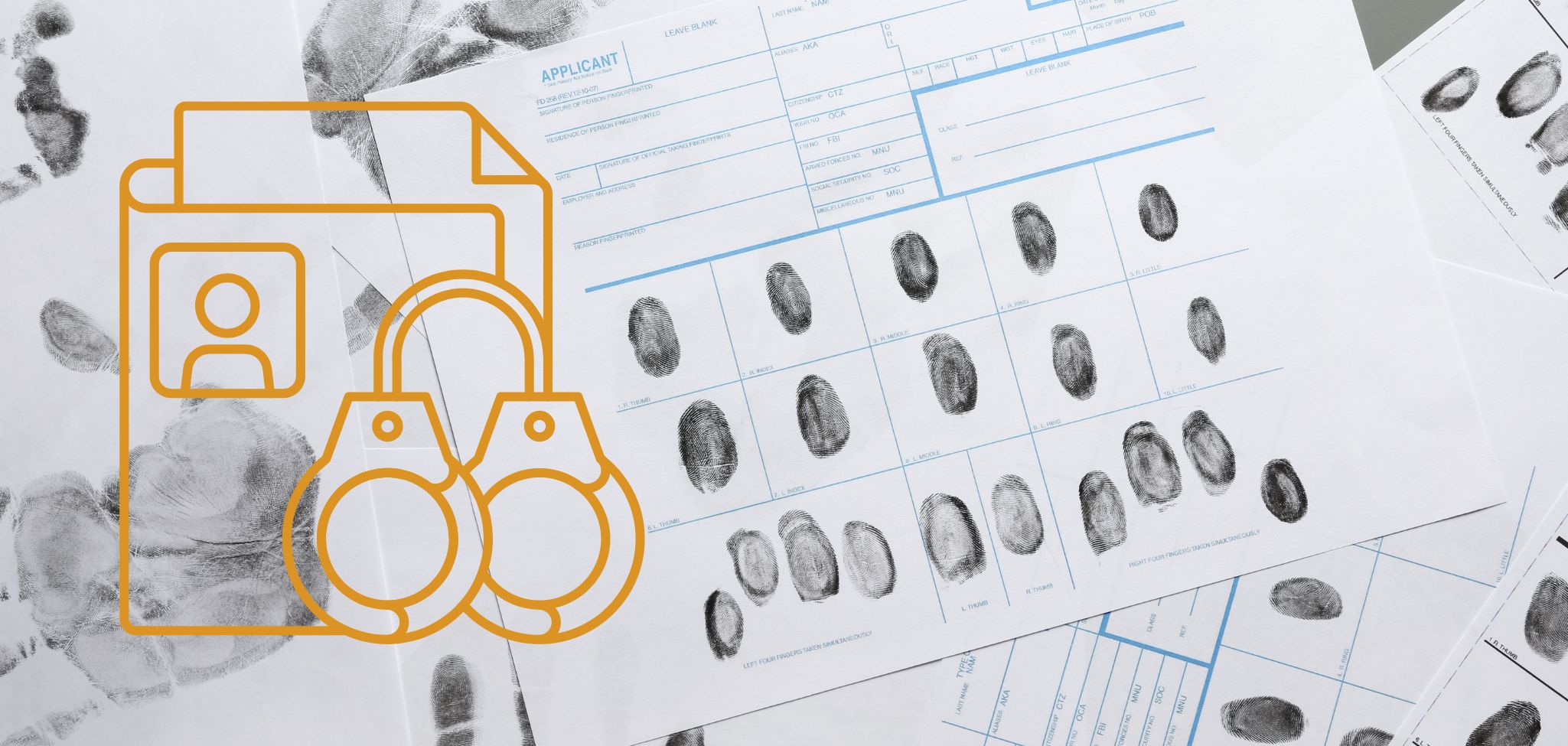Police Interrogations
Purpose Of An Interrogation
A police interrogation or police interview is a formal process whereby the police question your knowledge about certain events, incidents or circumstances which have arisen. The process can often be subject to recording, both audio and video, as well as extensive note taking.
A police interview assists with determining your level of knowledge of a particular event so it can be determined if you had any criminal responsibility for it or played any role. For example, you may be interviewed in relation to a murder however you are only suspected to have driven the vehicle to and from the location. You may not be considered to have committed the murder, only assisted.
Ultimately, an interrogation is designed to get your version of events as to what occurred.
Types and Format of Interrogation
Police interviews do not necessarily need to occur at the police station however in many instances they do. Depending on the circumstances of what is being investigated, interrogations or interviews can take place in public settings, at your home or even inside the prison if you are already serving a sentence.
The format of the interrogation however is subject to similar principles across the board and you will be advised of your rights, including the right to have a lawyer present prior to the interview commencing. You do have the option not to participate in the process and you can refuse to answer or comment on any of the questions. Ultimately, this can cause more damage at times as silence is not always viewed favorably.
In contrast, there may be certain questions your lawyer advises you not to answer if you choose to have them present. This is to prevent self-incrimination in the process. If your lawyer is present for your interrogation and it occurs within the police station, it is likely to be subject to video recording, and audio recording so it can be used as evidence if needed. The court will often require a record of interview to assist with the chain of evidence.
In a nutshell...
Police interviews are subject to rules and guidelines however if you are not sure what these are or you are not sure what right's you have then you need to seek assistance from a qualified expert criminal lawyer. Statements once made in police interview are difficult to take back and statements placed on the record can be used in evidence against you at a later time.
Jameson Law have a team of expert criminal lawyers ready and willing to assist you with any of your criminal needs. They can easily advise or provide representation if required.
Participation In An Interview
Am I Required To Participate In An Interview?
In many instances, it is not compulsory to participate in an interview, especially in circumstances where you may not be the accused and are merely a witness or acquaintance. It is usually best to seek legal advice on whether you should make a voluntary statement to police given the can of worms it can open depending on what you say.
As discussed a little above, even if you do choose to engage with the interview, you do not need to answer questions and can choose not to comment. It is important to understand that once the interview starts, everything you do choose to say will form part of the formal record. This is where your right to silence needs to be considered carefully. Statements once made can not be taken back.
Why Might I Be Asked To Participate In An Interview?
Police can ask you to participate in an interview if they hold reasonable suspicion or reasonable grounds that you are directly involved in the criminal offending or hold some knowledge about it. This is often why a family member may be interviewed to see what knowledge they hold.
If you are a witness or bystander to a criminal act you may be asked to provide a statement of what you saw or simply provide information about your knowledge of something. Expert witnesses or professionals for example may be subject to police questioning about a matter of which they hold nothing other than knowledge about, i.e. a doctor or psychologist.
Case Study
Grace is interviewed by two police officers at the police station who ask her questions about the alleged offence. They advise her that she is able to have a lawyer present if she wishes and that she does not need to speak to them if she does not want to. It is a recorded interview given that Grace has direct knowledge which will be relevant to any charges that may be laid.
Grace completes the interview process and provides her name and address in case she is needed further.
Vulnerable Interviews
Statements Made By Minors
In most circumstances, police cannot question or interrogate a minor without their parent’s permission due to the vulnerability of the individual. Depending on the circumstances of course, a guardian, friend or relative can give permissions for a statement to be made.
In the case of criminal offences committed by youth, a public defence lawyer will be engaged as well as a support person or child advocate usually to help ensure that their rights are protected throughout the process. Most interviews involving children are sealed to protect their name and address and other relevant information from the general public.
Even a minor needs to have the benefit of legal advice before they answer questions from the police as they are usually less aware of the implications and consequences of their actions under criminal law. A minor can choose to remain silent same as an adult to protect from self-incrimination.
Mental Health
If an individual is required to provide a statement or be subject to interrogation and they suffer from poor mental health an evaluation may be required prior to the interview taking place. Questioning of an individual who is not of sound mind can be classed as an abuse of police powers and whatever the accused person has said can be struck from the record.
If police decide to proceed with an interview they know they should not, they risk placing their whole investigation in jeopardy.
Case Study
The police are seeking to charge Harry with indictable offences and he would likely serve a term of imprisonment if convicted. The arresting officer made it clear that Harry's rights were limited and he tried to create a significant power imbalance by being unnecessarily rough during the police arrest. Harry required medical treatment upon his arrival at the police station because the handcuffs had cut into his skin drawing blood.
When Harry's lawyer arrives, Harry submits to the police interview however only chooses to answer police questions based off legal advice. He chooses to remain silent in regards to several police questions. Following his interrogation, Harry is charged with intent to distribute illicit drugs and remanded into custody pending a bail hearing.
FAQS
Any type of criminal offending can be subject to interrogation. It is of no consequence whether the matter is to be heard summarily in the Magistrates Court or an indictable offence in the Supreme Court. The only difference between the two is that indictable offences are more severe in nature than summary offences.
Police powers relate to the ability to exercise police responsibilities in accordance with the law. Legislation allows police to interrogate, question, arrest and apprehend those they suspect of being engaged in or having knowledge of criminal activity.
In many instances a support person is allowed during interviews or interrogations of course for most, this is their legal representative. It depends on the purpose of the interview as to whether a support person can extend past that. You are always able to access legal advice in criminal matters and police cannot stop you from doing so. However, given an interview is a form of evidence, there is a restraint on who can be present.
In a nutshell...
If you do choose to submit to a recorded interview then the interview will be classed as admissible evidence before the court if required for a criminal matter. Everything you choose to tell the police during an interview is on record and you cannot retract any statements made.
It is important to obtain legal advice before submitting to questioning if you believe you could either self-incriminate or cause damage by doing so. Jameson Law have a team, of expert criminal lawyers ready and willing to assist you with your matter.

 (02) 8806 0866
(02) 8806 0866





